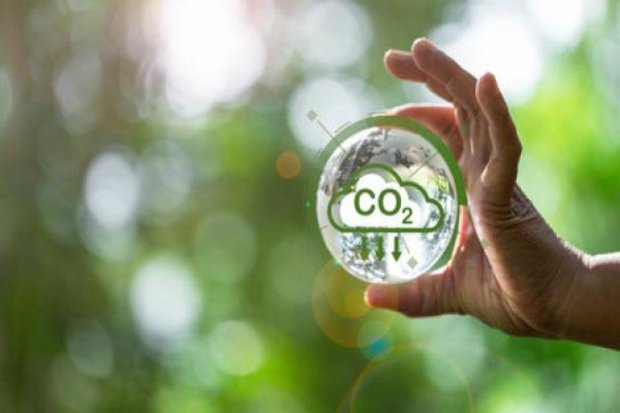Indonesia's Ambitious Quest to Lead the Way in Carbon Capture Storage

Summary
- Indonesia's CCS Hub Ambition: Indonesia aims to become a CCS Hub, seeking to reduce regional industrial CO2 emissions and stimulate economic growth through related investments.
- Regulatory Advancements: The Indonesian government is progressing in its regulatory framework for CCS and CCUS, with Minister of Energy and Mineral Resources Regulation No. 2/2023 already in place and preparations for a Presidential Regulation to expand CCS implementation.
- Growing CCS/CCUS Projects: Indonesia has about 16 CCS/CCUS projects in its oil and gas sectors. While many of these projects are in the planning phase, the majority intend to be operational before 2030. The Tangguh LNG facility in Bintuni, Papua, is set to lead as the country's first CCUS project.
- Collaboration Drive: Indonesia is actively endorsing government and business players' collaboration to make the CCS Hub initiative work well, technically and economically.
- Funding Controversy: The country's proposal to include CCS and CCUS in the JETP funding plan for power sector transitions has stirred controversy. Concerns over costs and the effectiveness of CCS technology have led to reports of these technologies being excluded from the plan.

